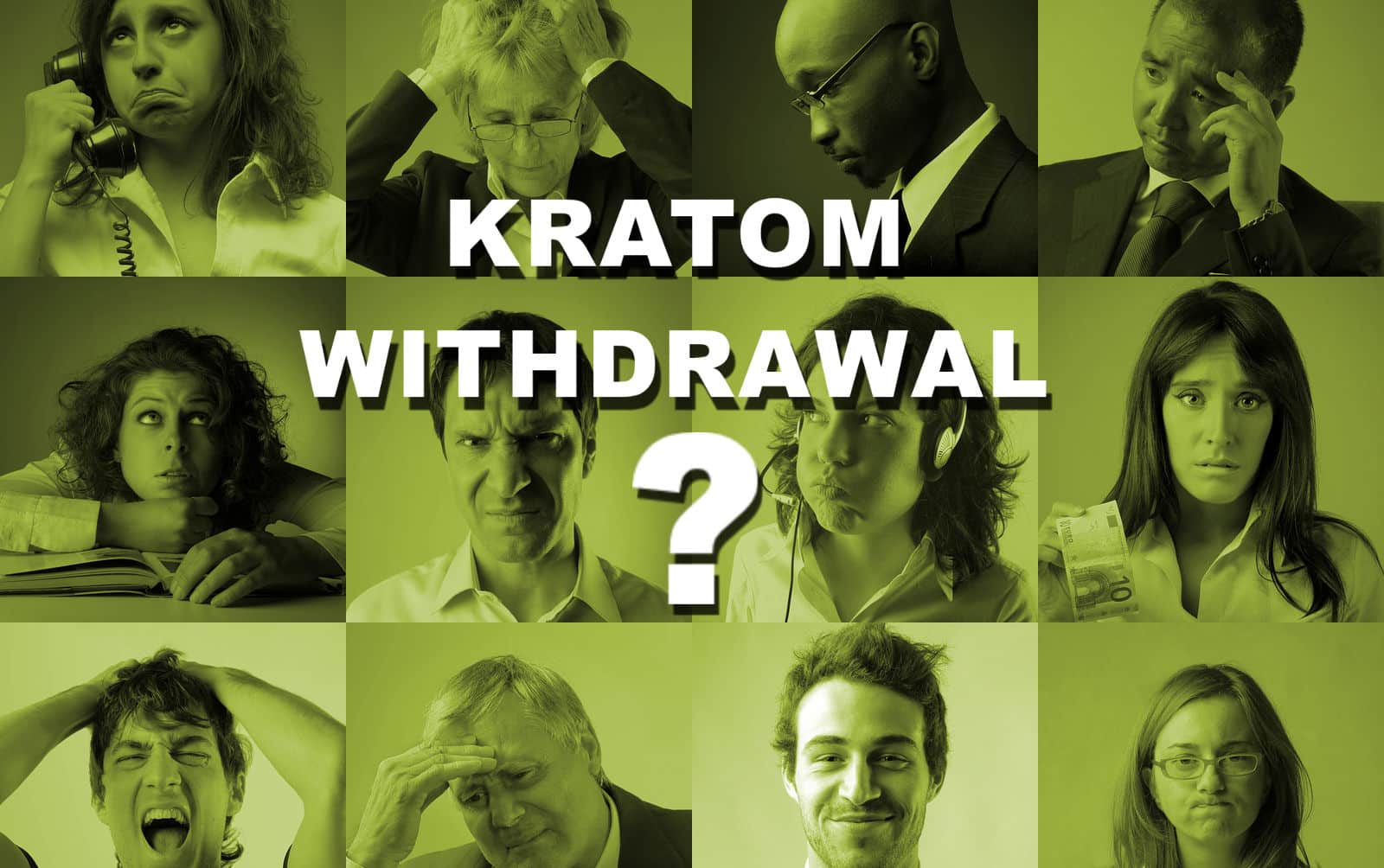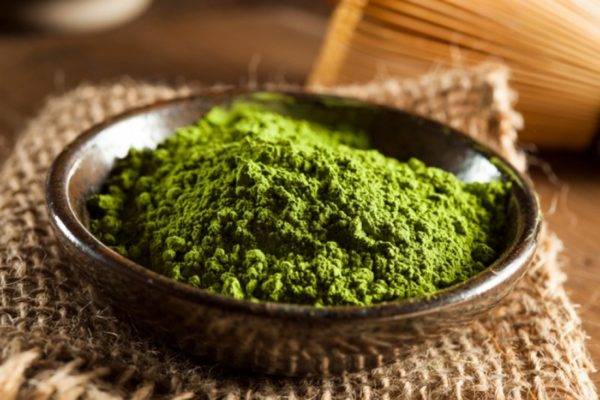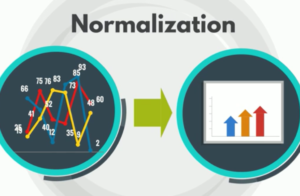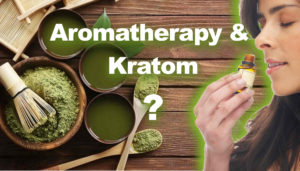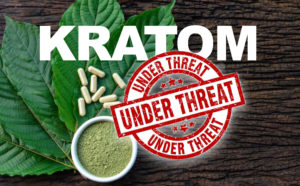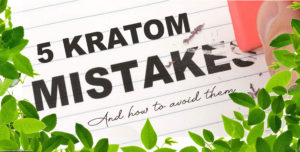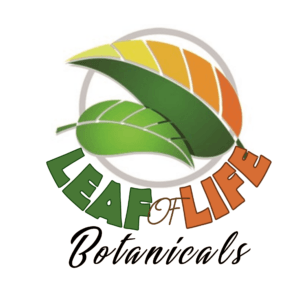Since some people think kratom is just another narcotic, they assume that when you stop using kratom, you’re going to have horrible withdrawal symptoms. Is this true though?
Most kratom users express the idea that stopping kratom use is no big deal. Many compare it to quitting coffee and nearly all say it’s nothing like heroin cold turkey or suddenly ceasing any narcotic or benzodiazepine drug.
Fearmongers who try to chase people away from kratom like to exaggerate and even make up false information in an attempt to make kratom look dangerous. Let’s look at the reality of the situation.

Your body can get habituated to anything. When you abruptly slam on the brakes, there’s naturally going to be a whiplash reaction to some degree. Your system, so smug and contented, is suddenly shocked by the termination of a substance. But the reaction can be mild, especially in the case of coffee. Or kratom, which is a member of the coffee family.
So, if you stop taking kratom what kind of real withdrawal symptoms can be experienced?
Again, they are so mild and last only a few days, that most users don’t notice them very much.
Kratom users report that very little happens when they stop using kratom. Something noticeable occurs. They can tell their body is adjusting to the absence of kratom. Since kratom tends to constipate, they report that their stools may be a lot looser for a few days. Headaches are reported. Slight irritability and a temporary diminishing of appetite may occur from some.
If you stop using kratom, you may have a bit of trouble getting to sleep at night, especially if you used high doses of kratom, which can tend to sedate. For the same reason, without that kratom cushion emotionally, you may find yourself once in a while being a bit grumpy or impatient.

The wonderful benefits of kratom have
ceased and now you’re back to your regular self, unfortified by
kratom’s natural powers.
If a person was using kratom to
increase motivation and energy, then of course, not using kratom may
cause that person to experience some sluggishness or fatigue. If a
person reported that they use kratom to improve their relations with
others, then abstaining from kratom may result in that person being a
bit less sociable, a little less friendly, at least for a while.
If a person said they were using kratom for pain relief, of course, the pain came back and that can be called a “withdrawal symptom”, though it’s technically more of an “abstinence reaction”. If someone was using kratom to help alleviate anxiety or depression or fatigue, these symptoms can recur in the natural course of life, as one would expect.
But the transition from kratom usage to not using kratom is generally not extreme, rough, or dreadful.

Once again, kratom as a substance differentiates itself from opioids, benzos, alcohol, and other habit-forming drugs that can result in cataclysmically disturbing, painful, nightmarish withdrawal symptoms when a person stops using them. The human body doesn’t react so harshly when kratom is not being administered to it all of a sudden.
If you do feel bad effects when you stop using kratom, don’t worry. The “withdrawal symptoms” are in a whole different league from those of opioids, benzos, nicotine, and alcohol. They’re very mild in comparison and don’t last very long.
You’ll get through it just fine because kratom is not an opioid, not an upper or speed, not a designer drug, not a recreational party high, not a hard narcotic. So kratom doesn’t have the negative characteristics of those substances, even though lame stream media may try to tell you that kratom is a dangerous dope like heroin or crystal meth.
If you feel uncomfortable, go for a walk, read an engrossing book, watch a comedy movie, do some gardening, take your dog for a walk, do some shopping, or engage in a project that keeps your body moving and your mind occupied.

Be joyous and appreciative that your “withdrawal symptoms” are negligible, barely anything at all, and will be over quickly, so fast you won’t even notice. You’ll just be back to normal, though without your trusty ally to help you face the issues that cause you to use kratom.

